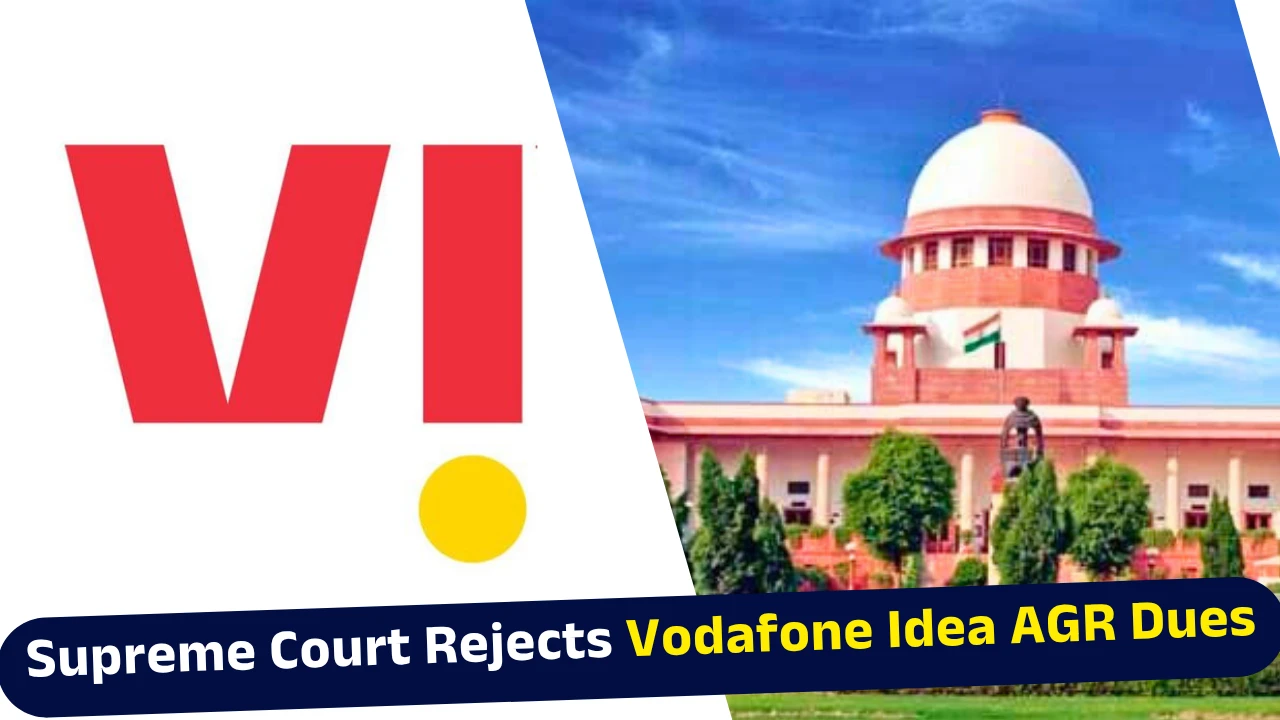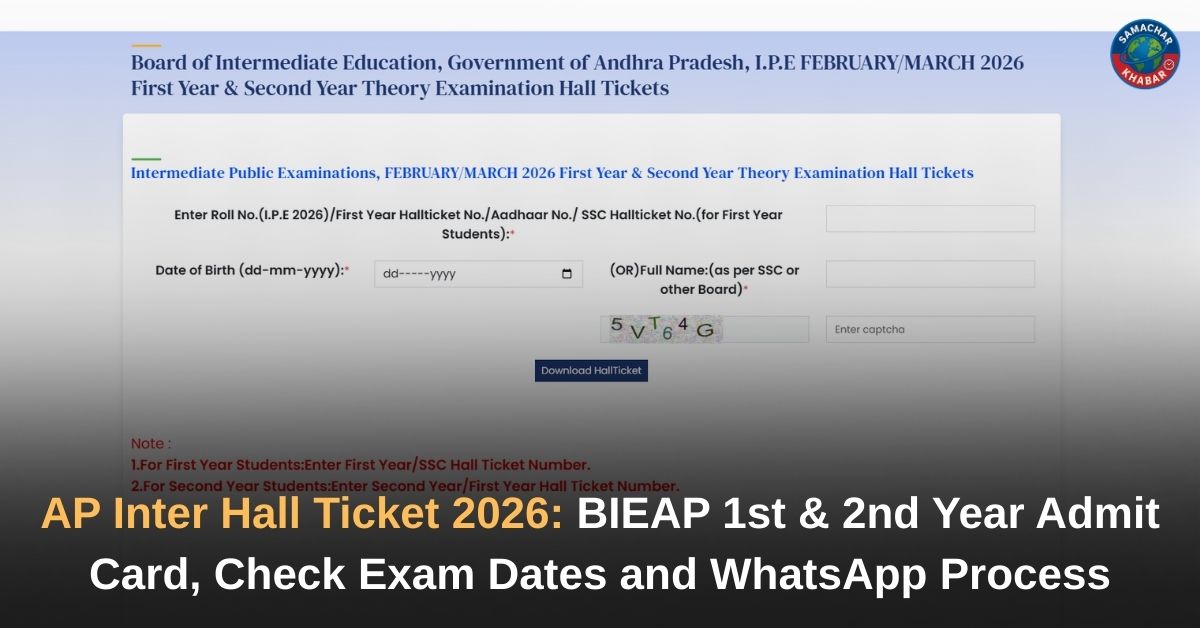In a dramatic legal turnaround that has sent ripples through the Indian telecom sector, the Supreme Court has cleared a path for the Central Government to re-examine the additional Adjusted Gross Revenue (AGR) dues demanded from Vodafone Idea (Vi). This major policy intervention comes as a powerful lifeline to the financially strained operator.
The top court, recognizing the “peculiar facts” of the case—specifically the government’s recently acquired 49% equity stake and the interests of Vi’s vast base of 20 crore consumers—permitted the Union to review and reconcile the disputed amount.
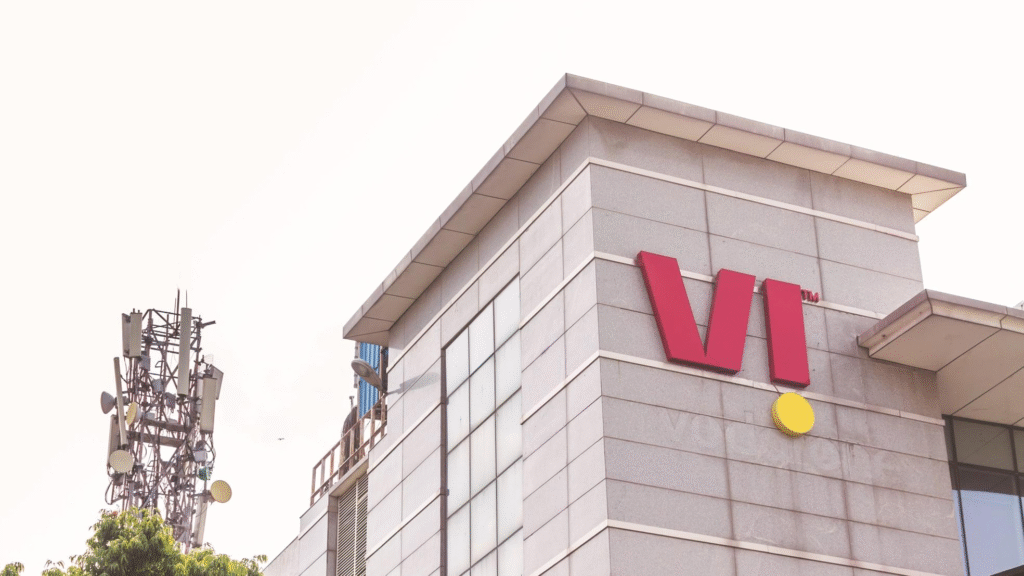
The decision immediately ignited investor sentiment, causing Vi’s shares to surge over 11% to a new 52-week high, signaling hope for the company’s long-term survival and future investments.
Key Takeaways from the Supreme Court Ruling on Vodafone Idea’s AGR Dues
This landmark judgment provides several critical SEO-optimized talking points for the Indian telecom industry and financial markets:
- Policy Domain Intervention: The Supreme Court permitted the Centre to reconsider the AGR reassessment, asserting the matter is strictly within the Union Government’s policy domain, marking a rare exception to its previous rulings.
- Government Stakeholder Role: The decision was directly influenced by the fact that the Central Government now holds a substantial 49% equity stake in Vodafone Idea, making its survival a matter of state policy.
- Protection of 20 Crore Consumers: The SC explicitly cited the protection of Vi’s 20 crore-strong consumer base as a primary driver for allowing the government’s policy discretion to address the dues.
- Targeted Dues for Reassessment: The relief is focused on Vi’s challenge against the DoT’s demand for ₹5,606 crore in additional AGR dues specifically for the period up to Financial Year 2016-17.
- Reassessment Methodology Sought: Vodafone Idea seeks direction to the DoT to apply the ‘Deduction Verification Guidelines’ dated February 3, 2020, to reconcile the disputed figure, arguing for the correction of arithmetic and duplication errors.
- Market Impact: Vi’s share price experienced an immediate and massive surge, climbing by up to 11.4% to reach a 52-week high of ₹10.53, reflecting renewed investor optimism.
- Overcoming Past Precedent: The ruling effectively bypasses the SC’s previous orders (from 2020 and 2021) which had deemed the DoT-calculated AGR dues final and non-reassessable.
SC Shifts Stance: Why Policy Trumps Previous Judicial Finality
The Supreme Court’s permission for the Centre to re-examine the AGR dues issue is a pivotal moment, primarily because it softens the rigidity of its own previous stance. The court had repeatedly ruled that the AGR dues, finalized after its 2019 verdict, were non-negotiable and could not be subjected to further scrutiny or reassessment.
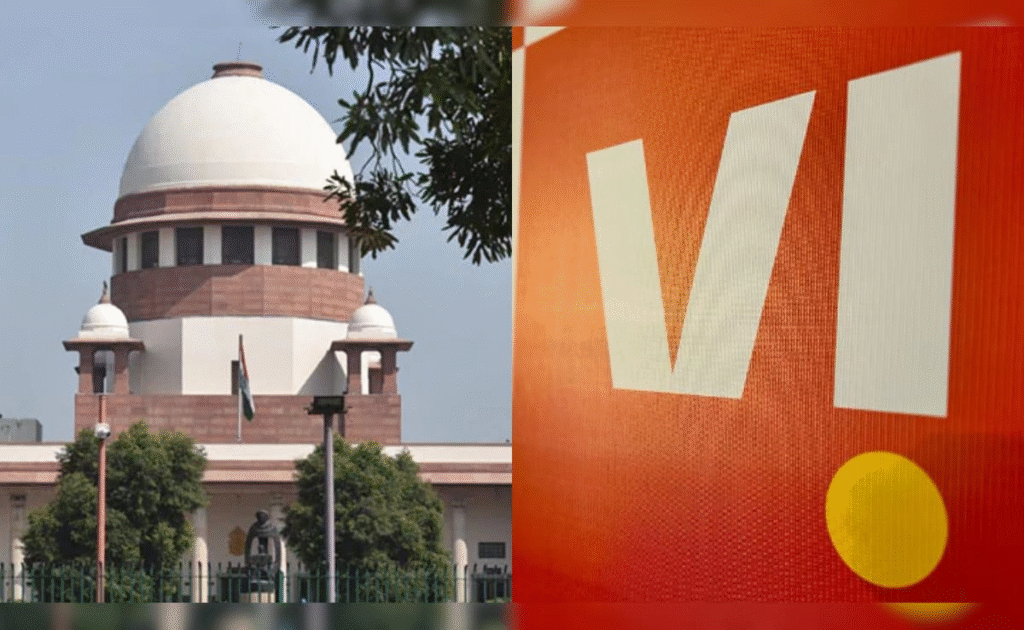
However, the latest bench, headed by CJI B.R. Gavai, recognized the dramatic change in circumstances. Solicitor General Tushar Mehta, representing the government, strongly argued that the government’s hands were tied by its new reality: holding nearly half the equity in Vi. He highlighted that consumers faced concerns such as “duplicate billing” and “over-invoicing” in the disputed ₹5,606 crore demand.
In accepting the government’s submission, the court delivered a policy directive, not a judicial correction of the dues. It saw “no impediment” in the Union, acting in its capacity as a major stakeholder and protector of the public interest, addressing the telecom operator’s long-standing grievances. The SC’s clear emphasis that this order was specific to the “peculiar facts and circumstances”—government equity and consumer protection—underlines the exceptional nature of this relief.
The Core of Vodafone Idea’s Financial Battle
The ₹5,606 crore demand forms the latest flashpoint in Vi’s ongoing legal fight. The company’s plea was not to challenge the fundamental AGR verdict, but to seek reconciliation and rectification of what it described as calculation errors, claiming that the DoT’s figures contained arithmetical mistakes and duplication of entries.
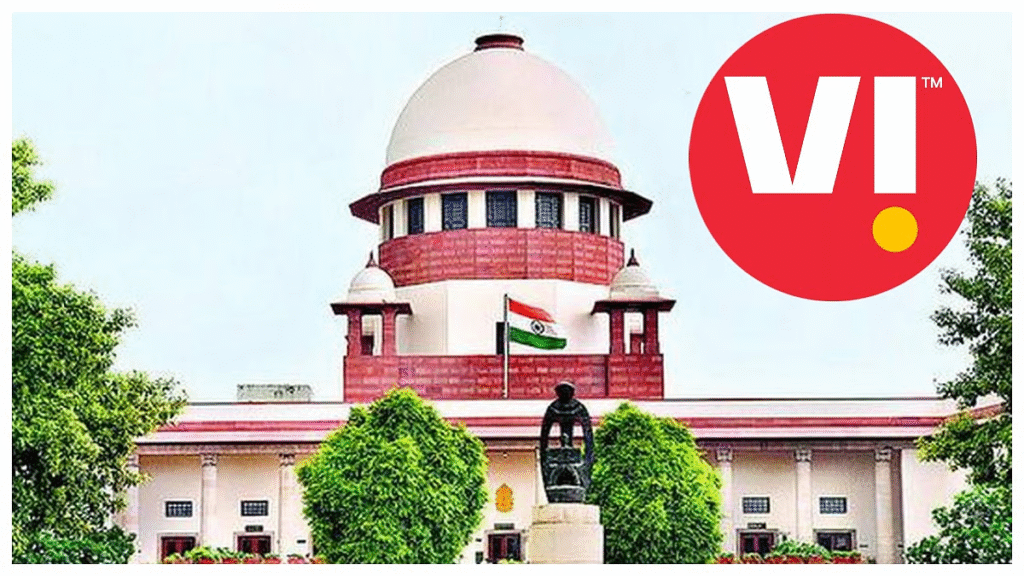
Vi has specifically requested the DoT to follow the Deduction Verification Guidelines dated February 3, 2020, to ensure a fair and accurate assessment of all AGR dues for the period up to FY 2016-17.
This technical process aims to remove any discrepancies that Vi claims artificially inflated the demand. The hearing on this petition had been adjourned multiple times, including to October 27, at the request of both the company and the Solicitor General, as the government sought time to arrive at a resolution.
Historical Context: The Long Road of the AGR Saga
To fully appreciate the gravity of Monday’s ruling, one must recall the punishing timeline of the AGR dispute:
- October 2019 Verdict: The Supreme Court delivered the landmark ruling, affirming the DoT’s definition of AGR. This definition mandated that telecom operators must include all revenue, including non-telecom income (such as interest earned and asset sales), when calculating their licence fees and spectrum usage charges. This decision created massive liabilities.
- The ₹93,520 Crore Liability: Following the 2019 judgment, the total AGR-related dues across the industry soared to approximately ₹93,520 crore.
- 10-Year Repayment Plan: In September 2020, the SC offered a crucial window by allowing operators, including Vi, a 10-year timeline to clear the dues. They were directed to pay 10% of the total dues by March 31, 2021, with the remainder payable in annual instalments until March 31, 2031. At that point, the court had explicitly barred any further reassessment.
- 2021 Policy Reform: Amidst intense industry pressure and the existential threat to operators, the Central Government in 2021 reformed the telecom policy. It revised the AGR definition to exclude non-telecom income, significantly reducing the financial strain moving forward, though this reform was not applied retrospectively to the pending dues that are currently being disputed.
- Previous Review Attempts Denied: Earlier in 2025, the apex court had decisively refused to review its 2021 order, which had rejected pleas by Vi and Bharti Airtel to correct alleged arithmetical errors in the AGR calculation.
The current ruling, therefore, leverages the government’s 49% equity position to carve out an executive policy exception to the established judicial finality. It opens a crucial policy window for Vi to sustain operations, attract fresh investment, and continue its services for its vast consumer base, securing a temporary but significant lifeline.
Spiritual Reflection on the Digital Age
The Tatvadarshi Saint Rampal Ji Maharaj explains that technology, including the internet, is a divine gift from Paramatma. While intended for beneficial uses like spreading true spiritual knowledge, Man often misuses this instrument. He emphasizes that proper utilization of this divine tool is essential for positive life transformation. For more information, visit: www.jagatgururampalji.org
The Road Ahead: A New Dawn for Vodafone Idea and India’s Telecom Sector
The Supreme Court’s extraordinary move to place the reassessment of Vodafone Idea’s (Vi) ₹5,606 crore additional AGR dues into the Centre’s policy domain marks a profound shift in the telecom landscape.
By prioritizing the stability of a company serving 20 crore consumers and recognizing its own 49% equity stake, the government has been given the judicial green light to act decisively. This policy window offers Vi the best chance yet to secure a reduction in its disputed liabilities, correct long-standing alleged calculation errors, and finally attract the fresh investment required for its network expansion and competitive future.
The resultant 11.4% stock surge underscores that this judicial intervention is seen by the market as a crucial, life-saving measure, signaling a potential stabilization for the entire sector.
FAQs on Vodafone Idea AGR Dues Supreme Court Ruling
What major relief did the Supreme Court grant Vodafone Idea (Vi)?
The SC allowed the Central Government to reconsider the reassessment of Vi’s additional Adjusted Gross Revenue (AGR) dues, citing the matter’s inclusion in the Union’s policy domain.
Why did the SC allow the Centre to reconsider the AGR dues despite past rulings?
The decision was based on the government’s 49% equity stake in Vi and the need to protect the interests of the company’s large base of 20 crore consumers.
What is the specific amount of additional AGR dues Vi challenged for reassessment?
Vodafone Idea had filed a plea challenging the DoT’s demand for ₹5,606 crore in additional AGR dues, specifically pertaining to the period up to FY 2016-17.
How did the stock market react to the Supreme Court’s decision?
Vi’s shares surged dramatically, climbing by as much as 11.4% to hit a 52-week high of ₹10.53, signaling strong investor confidence in the policy relief.
What equity stake does the Government of India now hold in Vodafone Idea?
The government currently holds a substantial 49% equity stake in Vodafone Idea, which was a primary factor noted by the Supreme Court in permitting policy intervention.

